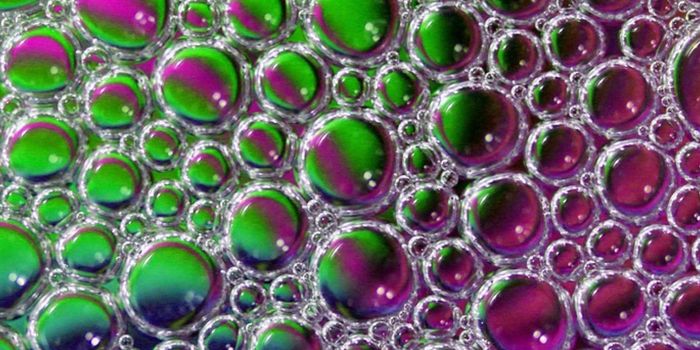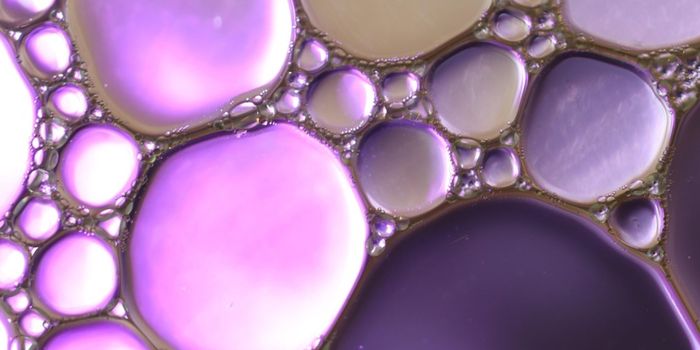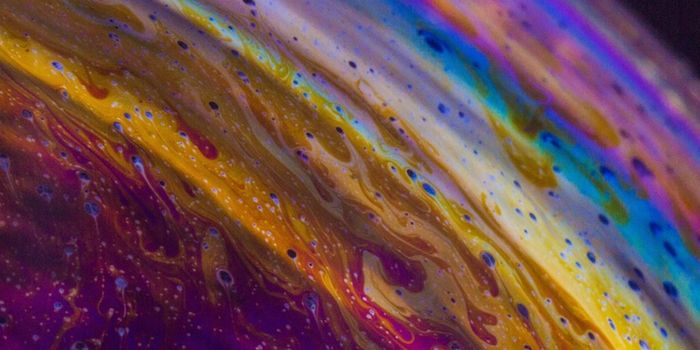Semi-synthetic Bacterial Cell now Makes Unnatural Proteins
Scientists succeeded in creating bacteria that carry two additional nucleotide bases in their genetic code. Life on earth is made from only four bases, A, G, C, and T. The new, unnatural pair, X, and Y, were added to a living organism by the laboratory of Floyd Romesberg in 2014. The investigators at Scripps Research Institute now report in Nature that their engineered cells, a strain of the bacterium Escherichia coli, can now synthesize proteins using the novel bases, which takes this effort to a new level.
“We wanted to prove the concept that every step of information storage and retrieval could be mediated by an unnatural base pair,” Romesberg explained. “It’s not a curiosity anymore.” The work is summarized briefly in the video above.
One idea is that the proteins made by such a bacterium could be used as drugs. "Proteins have become hugely important for drug discovery," Romesberg noted. "Proteins are now being used as drugs." Insulin is one example. It could also help solve problems in pharmaceutical design and manufacture. New functions might be more easily added to proteins with these laboratory-designed bases and amino acids.
In this work, the investigators were able to demonstrate that their bacteria could utilize the synthetic genetic material, contained in a plasmid, to generate a protein. It made a version of green fluorescent protein with one unnatural amino acid.
A safety feature has also been built into the organism so that it is incapable of surviving outside of the lab. The bacterium has to be exposed to the unnatural components, both the bases and synthetic amino acids. "We've done lots of experiments where we take the organisms and get them to grow and replicate in the absence of those raw materials," noted Romesberg. "And they can't survive. They simply die."
Because this organism is a hybrid of an existing microbe and man-made features, it is considered semi-synthetic. Synthetic biology has come a long way since scientists began working on this problem. There was skepticism that bacteria carrying unnatural bases would be able to survive. Indeed, there were many problems, and the organisms were also able to just remove the added bases at first. But those hurdles have been overcome.
Learn more about the potential of synthetic biology from this TEDMED talk by Romesberg, featured in the video.









